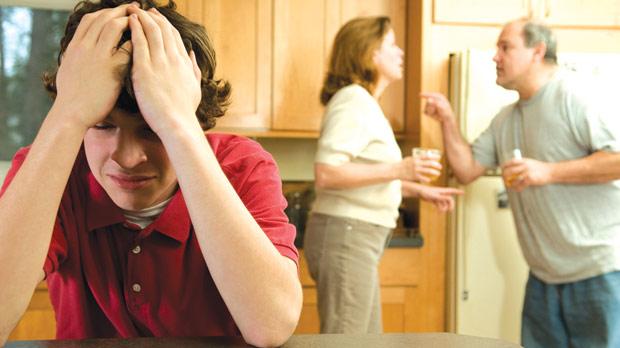If you are a parent going through a separation or divorce, you are likely to be worried about the effects of divorce on your children. The best thing for you to do as a parent is to help your children deal with sensitive issues involving the arrangements of them (sometimes referred to as custody).
It is suggested that you find out what your legal rights are and seek any advice on how to help yourself and your children through what can be a very traumatic time. Children are affected differently from adults. Children are bound to feel lonely, anxious, sad and angry at their parents. They often blame themselves, they think it is something they have caused.
The most important thing for your children is that you are honest with them throughout the whole process. Sometimes children are left with many questions, one of them being “is it forever”? they are never sure of whether the separation is temporary or permanent. For younger children especially, they often believe that their parents will be getting back together, even after long periods. Never underestimate how it is or will affect your children. Sometimes children want to hide their feelings from their parents as don’t want to upset them.
Although as parents you may be going your separate ways, remember that for your children it is important to try and remain amicable. The wellbeing of your children should always remain top priority. It is imperative for children to understand that even though their parents are getting divorced, there father will always remain their father and that their mother will always remain their mother.
Whenever you feel the need to be concerned for your children, ensure you don’t project your own thoughts and feelings onto them. This will only put more pressure on them, causing them more worry. Deal with your own feelings separately, that way the children are more likely to open up to you, if they are ready.
Even once a divorced is finalised, bringing up children will still require lots of joint decisions. It is important to put the wellbeing of the children first. If parents can remain amicable then it will make it easier to have agreements in place for the care of the children without seeking legal experts. For example, when will each parent will have their time with the children? who will pay for school trips? can the parents attend school appointments together?
If parents can’t agree on anything the next step may be mediation. A mediator can help both parents to try and come to an agreement on the children’s arrangements, remaining neutral throughout the process. Mediation isn’t relationship counselling, it will help you as parents agree on the finer details of how you’ll look after your children, such as:
- Where they’ll live
- Which parent has the children when
- When other types of contact can take place i.e.- phone calls for example.
Whatever is agreed with the mediator isn’t legal binding unless a solicitor has a consent order drafted for the court to approve. If after the mediation sessions the parents aren’t in agreement, maybe seeking advice from a solicitor will be the best option, with or without taking the matter to court
Karl Smith
